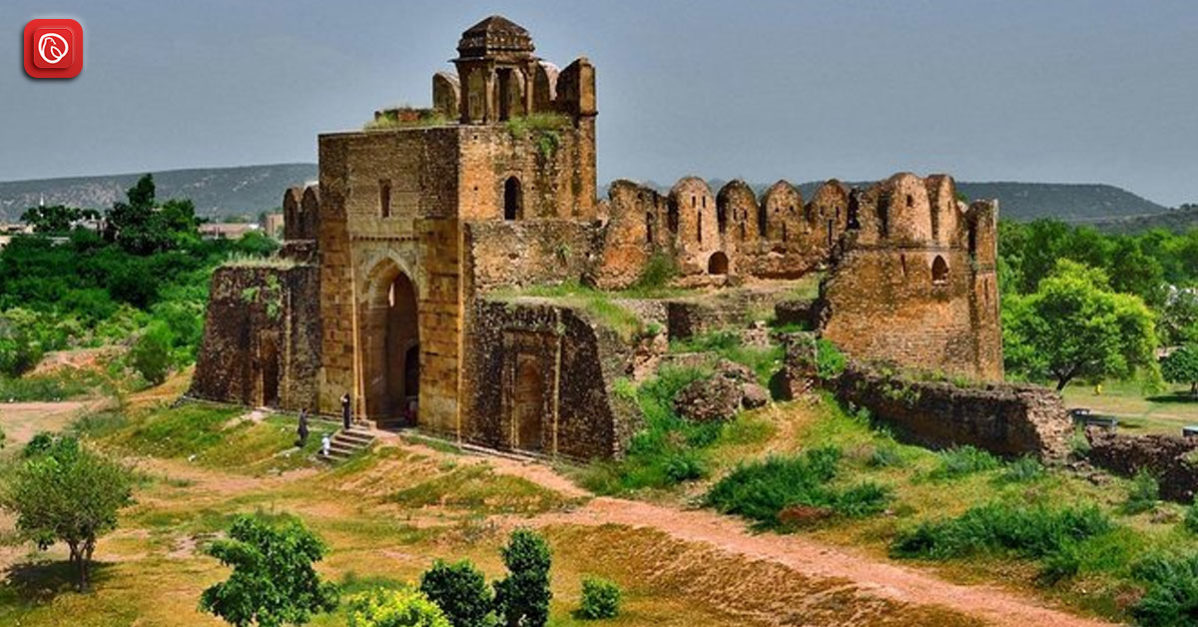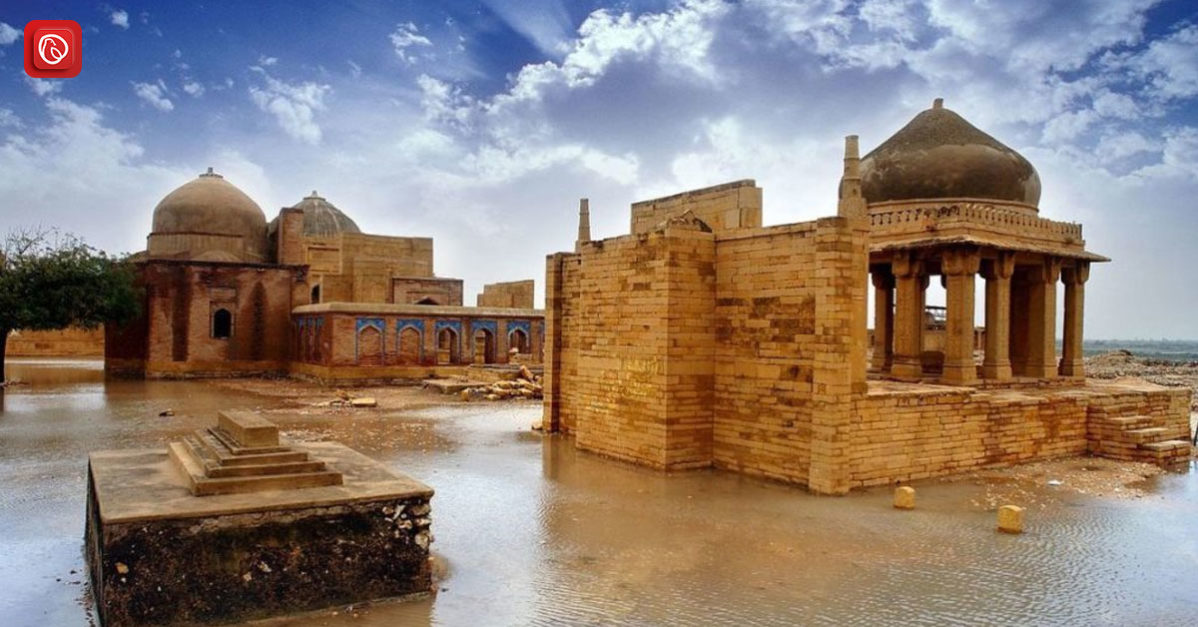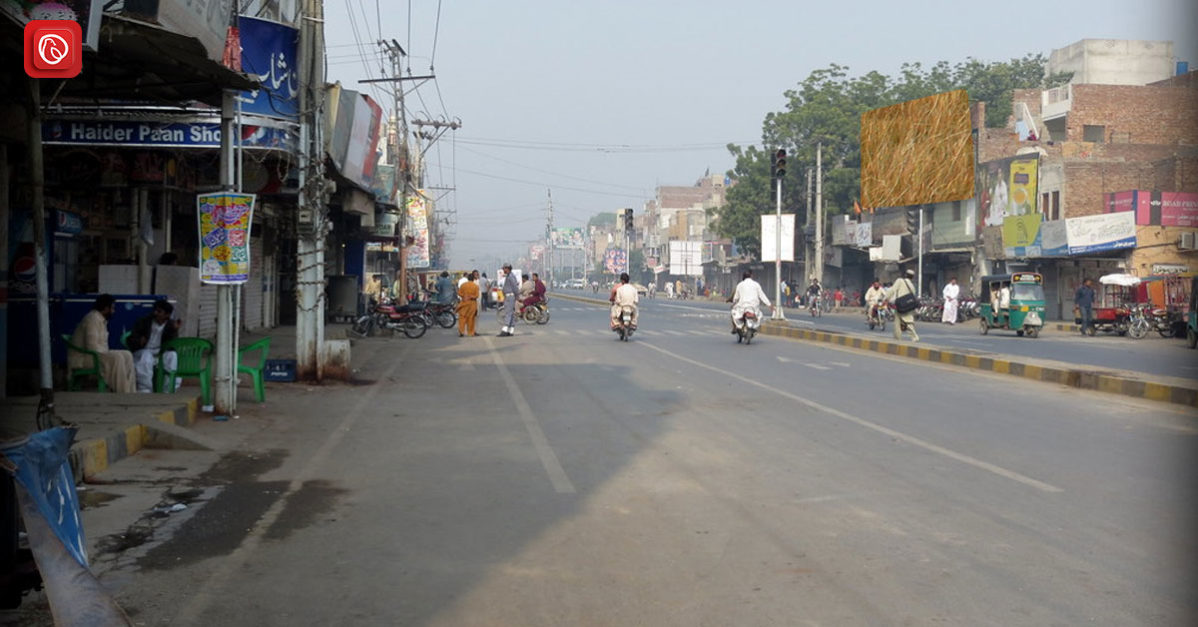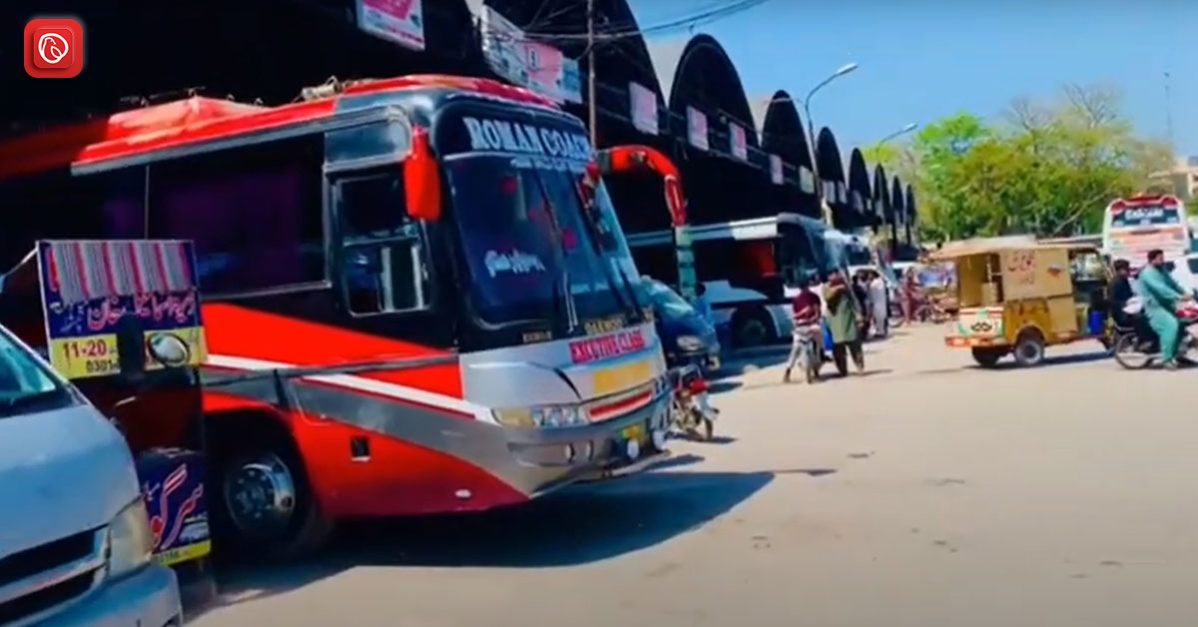Qila Saifullah, often referred to as “The Fortress of Saifullah,” is a captivating city in Pakistan’s Balochistan province. Known for its strategic importance and rich cultural heritage, Qila Saifullah is a city where history and tradition merge seamlessly with the natural beauty of its rugged landscape.
Furthermore, it is located in the northwestern part of the Balochistan province. The city is famous for its fertile land and for producing vegetables and fruits.
This blog by Graana.com delves into the fascinating aspects of Qila Saifullah, covering its history, culture, location, and demographics.
History of Qila Saifullah
Qila Saifullah’s history is deeply rooted in the broader narrative of Balochistan. The city is named after Saifullah Khan, a prominent local chieftain and warrior of the Khudiadadzai tribe, who played a significant role in the region’s history. The name “Qila Saifullah” translates to “Fort of Saifullah,” highlighting the city’s origins as a fortified settlement.
Moreover, Qila Saifullah has been a key player in the tribal politics of Balochistan. The region has seen numerous conflicts and alliances among various tribes, with the Khudiadadzai tribe being particularly influential. The city’s strategic location made it an important military and trading post, contributing to its historical significance.
Cultural Heritage
Qila Saifullah is a melting pot of Balochi and Pashtun cultures, with traditions that reflect the unique heritage of both ethnic groups. The cultural practices in Qila Saifullah are characterised by traditional music, dance, and crafts. The Balochi and Pashtun communities celebrate various festivals with great enthusiasm, showcasing their rich cultural heritage.
Furthermore, one of the most notable cultural events is the traditional “Attan” dance, performed during weddings and festivals. The city’s craftspeople are known for their intricate embroidery and weaving, producing vibrant textiles that are a testament to their skill and artistic heritage.
Location
Qila Saifullah is located in the northern part of Balochistan province, strategically positioned along the major trade routes that connect Pakistan with Afghanistan. The city lies at an elevation of approximately 1,680 metres (5,510 feet) above sea level, nestled in a valley surrounded by the Toba Kakar Range. Conversely, this mountainous terrain adds to the city’s natural beauty and strategic importance. It is located around 192 Km from the Capital city Quetta.
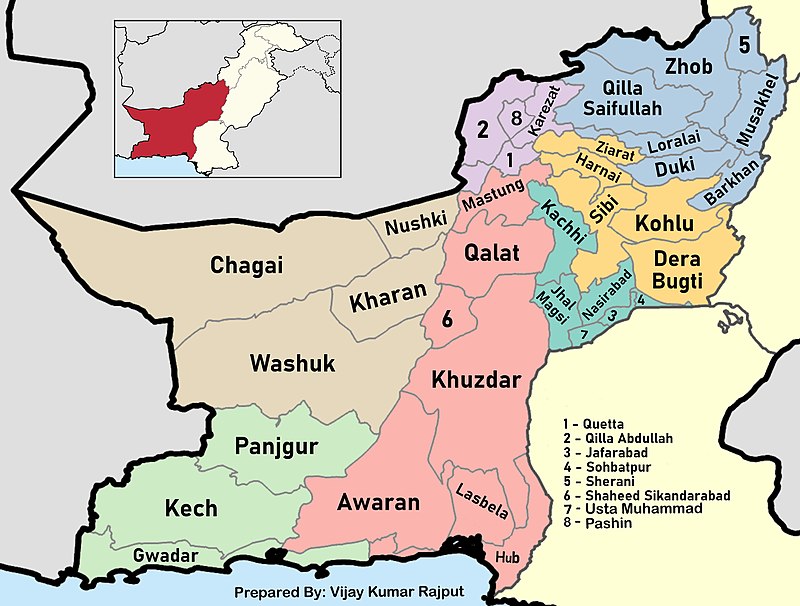
The city’s geographical coordinates are approximately 30.7000° N latitude and 68.3667° E longitude. Its location makes it a vital link between the central and northern parts of Balochistan and the broader South Asian region.
Qila Saifullah Weather
Qila Saifullah experiences a semi-arid climate with distinct seasons, typical of the Balochistan region. Here’s a detailed overview of the weather patterns throughout the year:
Summer
During the summer months, the city experiences hot and dry weather with temperatures ranging from 30°C to 40°C (86°F to 104°F). From May to September, the summer season is characterised by scorching heat and low humidity levels. Daytime temperatures can occasionally exceed 40°C, so staying hydrated and seeking shade when outdoors is advisable.
Winter
Winter is relatively mild during the day but can be cold at night. Daytime temperatures range from 10°C to 20°C (50°F to 68°F), while nighttime temperatures often drop below freezing, averaging around 0°C to 5°C (32°F to 41°F). Additionally, the winter season, from November to February, is ideal for outdoor activities and sightseeing, as the weather is cool and comfortable.
Spring
Spring brings a gradual transition from the cold winter to the hot summer in the area. Daytime temperatures start to rise, ranging from 20°C to 30°C (68°F to 86°F), while nights remain cool. Spring is a pleasant time to visit, as the weather is mild, and the surrounding landscapes come to life with blooming flowers and greenery.
Autumn
Autumn is a short and transitional season, marking the end of the summer heat and the onset of cooler temperatures. Daytime temperatures range from 20°C to 30°C (68°F to 86°F), gradually decreasing towards the end of the season. Additionally, autumn is an excellent time to visit the city, as the weather is pleasant, and outdoor activities can be enjoyed without the extreme heat of summer.
Monsoon
Qila Saifullah receives minimal rainfall during the monsoon season, which typically lasts from July to August. While the city may experience occasional showers and thunderstorms during this time, rainfall amounts are relatively low compared to other parts of the country. The monsoon season provides some relief from the summer heat but does not significantly alter the overall climate of the city.
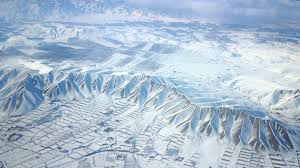
Demographics of Qila Saifullah
The detailed table summarising the key demographic information of the city:
| Demographic Parameter | Details |
| Total Population | Approximately 150,000 |
| Gender Ratio | Male: 52%, Female: 48% |
| Literacy Rate | Around 45% |
| Primary Languages | Pashto, Balochi |
| Secondary Languages | Urdu, English |
| Major Religions | Islam (Sunni majority) |
| Ethnic Groups | Predominantly Pashtun and Balochi |
| Occupational Sectors | Agriculture, Livestock, Trade, Services |
| Age Distribution | – 0-14 years: 40%<br>- 15-64 years: 55%<br>- 65+ years: 5% |
| Average Household Size | 7-8 members |
| Education Facilities | Primary Schools, Secondary Schools, One College |
| Healthcare Facilities | District Hospital, Private Clinics |
| Economic Activities | Agriculture, Livestock, Trade |
Places to Visit in Qila Saifullah
Qila Saifullah, a city with rich historical significance and cultural heritage, offers several attractions for visitors. Here are some of the must-visit places in and around Qila Saifullah:
Qila Saifullah Fort
The Qila Saifullah Fort is a historical landmark that gives the city its name. Although the fort is in ruins, it stands as a testament to the city’s strategic importance in the past. Exploring the remains of the fort provides a glimpse into the city’s military history and the lifestyle of its former inhabitants.
The Toba Kakar Range
The Toba Kakar Range surrounds Qila Saifullah, offering stunning mountainous landscapes and a chance to explore the natural beauty of Balochistan. These mountains are perfect for hiking and trekking enthusiasts, providing breathtaking views and an opportunity to experience the region’s rugged terrain.
Zarghun Karez
Zarghun Karez is an ancient underground irrigation system located near Qila Saifullah. This ingenious water management system, dating back centuries, showcases the ingenuity of the local people in utilising limited water resources. Visiting Zarghun Karez offers insight into traditional agricultural practices and the importance of water conservation in the region.
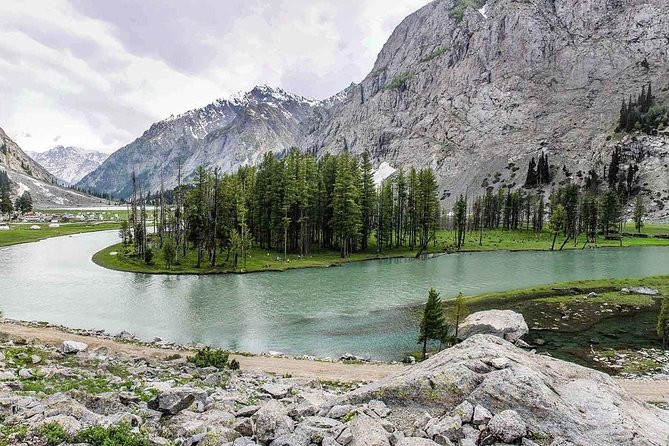
Shah Noorani Shrine
The Shah Noorani Shrine, located a short distance from Qila Saifullah, is a significant spiritual site. It attracts numerous pilgrims and visitors who come to pay their respects to the revered Sufi saint Shah Noorani. The shrine’s serene atmosphere and spiritual significance make it a worthwhile visit.
Kan Mehterzai
Kan Mehterzai is a high-altitude railway station near Qila Saifullah, historically significant as one of the highest railway stations in Pakistan. The station, part of the now-defunct Zhob Valley Railway, offers a glimpse into the region’s colonial past and the engineering marvels of that era. The scenic views around the station are an added attraction.
Torghar (Black Mountain)
Torghar, also known as the Black Mountain, is a prominent natural landmark near Qila Saifullah. The mountain’s unique dark appearance and rugged terrain make it a striking sight. It is an excellent destination for nature lovers and adventure seekers, offering opportunities for hiking and exploring the local flora and fauna.
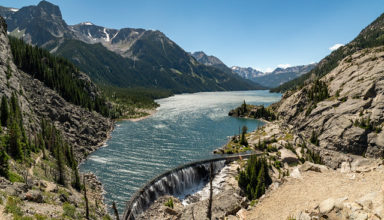
The Historical Tombs
Scattered around Qila Saifullah are several ancient tombs and graveyards that provide a glimpse into the region’s historical and cultural heritage. These tombs, with their distinct architectural styles and inscriptions, are a testament to the area’s rich history and the people who once inhabited it.
Local Bazaars
The local bazaars of Qila Saifullah offer an authentic experience of the city’s culture and daily life. The bustling markets are filled with traditional Balochi and Pashtun handicrafts, textiles, and local produce. Visiting these bazaars allows you to immerse yourself in the local culture and perhaps take home some unique souvenirs.
Wildlife Sanctuaries
The region around Qila Saifullah is home to several wildlife sanctuaries, providing a habitat for various indigenous species. These sanctuaries are ideal for wildlife enthusiasts and bird watchers, offering a chance to see the diverse fauna of Balochistan in their natural environment.
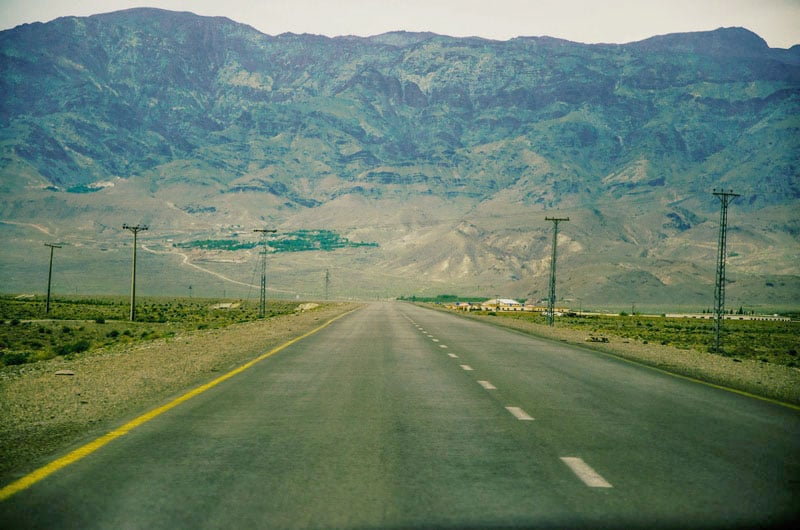
Conclusion
Qila Saifullah, with its rich history and cultural diversity, stands as a significant city in Balochistan. Its strategic location and historical importance have shaped its development, making it a vital link in the region’s socio-economic fabric. The city’s demographics reflect a young and vibrant population, engaged primarily in agriculture, livestock, and trade.
The blend of Balochi and Pashtun cultures, coupled with the scenic beauty of the surrounding mountains, makes it a unique destination for those interested in exploring the heart of Balochistan. Whether you are a history enthusiast, a cultural explorer, or simply someone looking to experience the rugged beauty of Balochistan, the city offers a journey filled with discovery and wonder.
If you want to know about Turbat, visit the Graana blog.
